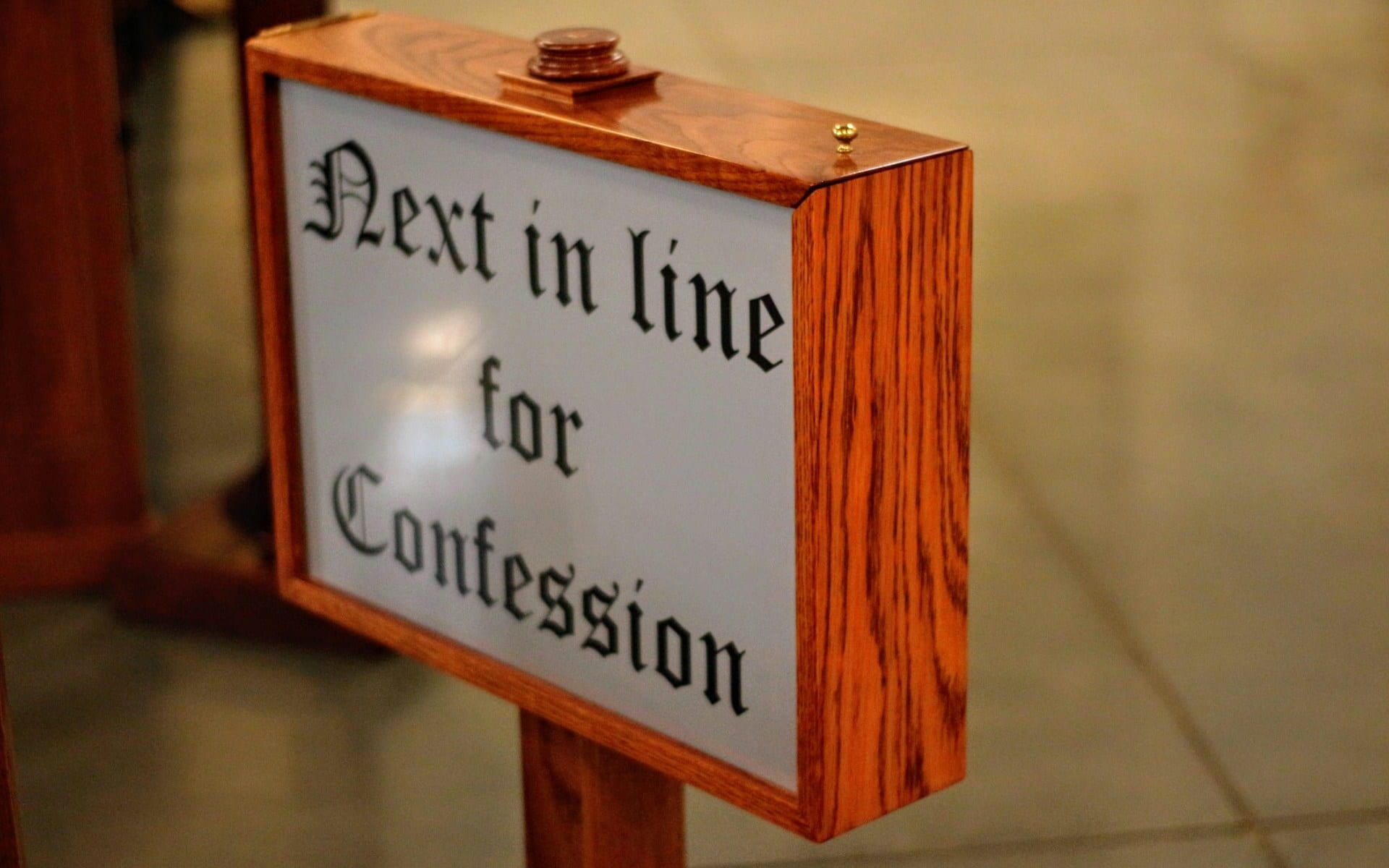Guest post by Sally Latham

‘Tell us your story…’
It is widely assumed that asking the ill to tell their story offers them empowerment and liberation through being heard. But the demand for illness narratives, well-meaning as it may be, can place an additional and damaging burden on those already suffering.
In recent years, there has been a huge growth in illness narratives, especially digital stories, as online accessibility increased. Stories of suffering and recovery, particularly concerning mental illness, are now common, and published by everyone from school children to celebrities. Part of the motivation behind this growth was the desire to move away from a biomedical model of mental illness where knowledge is guarded and dispensed by medical professionals and to move toward a more holistic, patient-centred approach.
These are all good intentions, yet we now have a phenomenon where narrating illness is on the verge of becoming a social imperative. For example, the sociologist Arthur Frank argues that we need to acknowledge our ethical responsibility to narrate one’s illness. One must narrate to aid one’s own recovery but also to show solidarity with fellow sufferers, to inspire others and to highlight the place of suffering in life. There are also expectations about how that story should be told.
For example, in the US, the Substance Abuse and Mental Health Services Administration (SAMHSA) produced a 70-page guide titled Share Your Story, A How-To Guide for Digital Storytelling: Supporting the Recovery and Healing of Self and Others Through Messages of Hope. In this document, adorned with stock photos of smiling families, the sufferer is told that sharing their story will reduce negative stereotypes, encourage others to seek help and empower the narrator. They are guided in how to ensure the story comes from a ‘strong foundation of recovery’along with ‘messages of hope’ or a ‘call to action’. An illness narrative must have the right amount of hope, resilience, inspiration and recovery.
But this expectation is dangerous. It risks isolating those whose stories do not fit this genre of hope and inspiration, overlooking those stories that highlight anger, despair and even neglect and inequality in healthcare that needs to be addressed.
Not only does the demand for illness stories alienate those whose stories do not fit the accepted genres, it also alienates those who do not wish to narrate at all. We fail to recognise that ‘suffering in silence’ is a legitimate choice rather than something inherently bad, externally imposed and oppressive. This assumption is highlighted by the philosopher Dan Degerman who has claimed we should challenge the ‘fetishisation of silence breaking’. There are different types of silence, some of which are a choice. Some suffering cannot be put into words and to do so would distort it. Putting pressure on the ill to narrate their story at all (let alone through socially sanctioned genres of hope and inspiration) is an extra and unnecessary burden which could lead to further distress.
If silence can be the way to honour suffering, then we need to learn to honour silence.
Author bio
Sally Latham is in her final year of a PhD with The Open University researching narrativity, non-narrativity and mental health and is a recipient of The Royal Institute of Philosophy Jacobsen studentship. Her most recent publication, co-authored with Mark Pinder, is ‘Is it Good to Conceive of One’s Life Narratively?’

